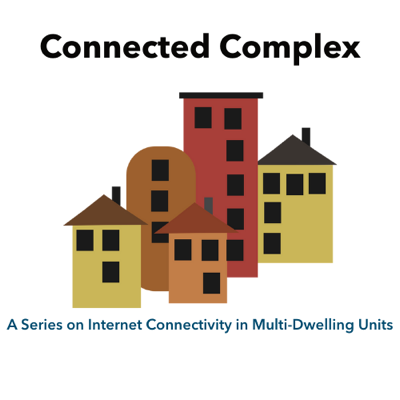California Law Lets Renters Opt Out Of Landlord ‘Bulk Billing’ Broadband Arrangements
*This is the second installment of an ongoing series we are calling Connected Complex looks at how states and local communities are working to address the often complex challenges involved in bringing high-speed Internet access to multi-dwelling units.
California lawmakers approved new legislation letting renters opt out of bulk-billing arrangements that force them to pay for Internet service from a specific provider. Lawmakers say they didn’t ban the practice for fear of undermining some of the more beneficial aspects of bulk billing, which can make deployments more financially tenable for smaller providers.
Starting January 1, AB1414 requires that landlords “allow the tenant to opt out of paying for any subscription from a third-party Internet service provider, such as through a bulk-billing arrangement, to provide service for wired Internet, cellular, or satellite service that is offered in connection with the tenancy."

The new law states that if landlords prevent tenants from opting out of such arrangements, tenants "may deduct the cost of the subscription to the third-party Internet service provider from the rent." Landlords are also prohibited from any sort of retaliation.
AB1414 passed the California state Senate in a 30–7 vote a month ago, and was signed into law by California Governor Gavin Newsom last week.



